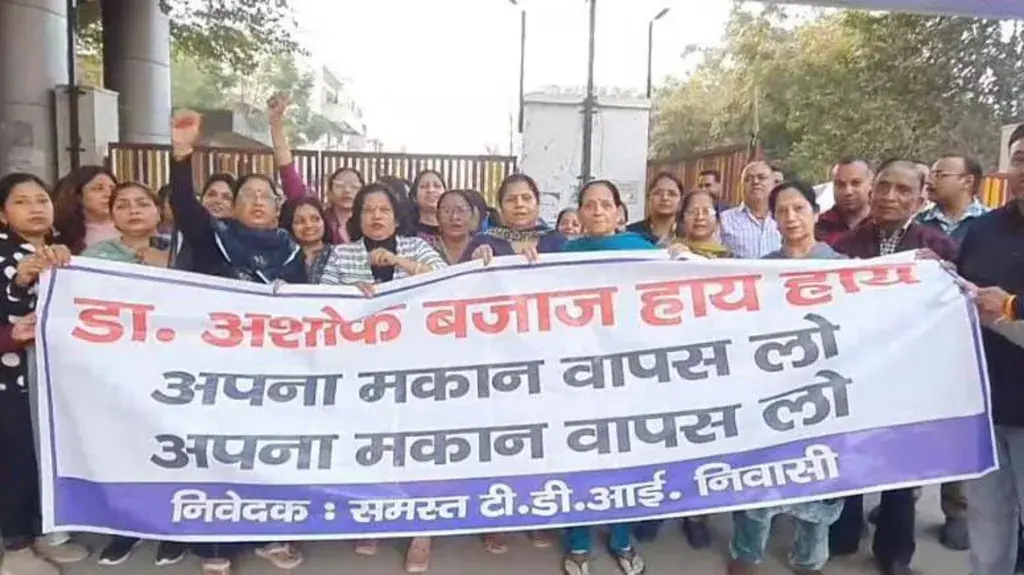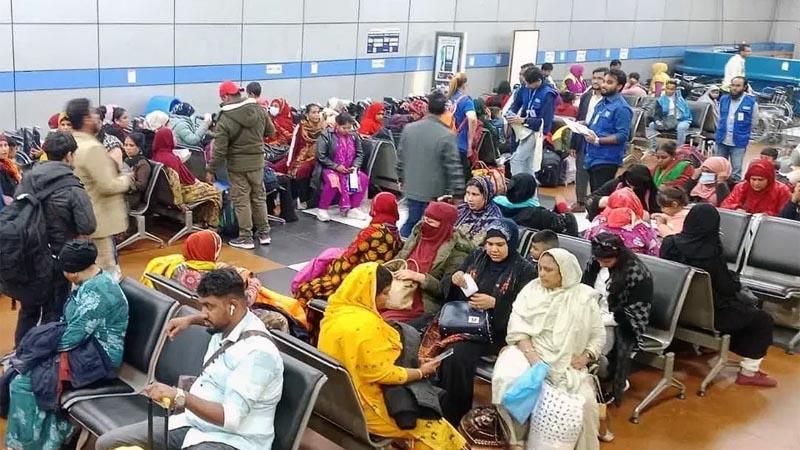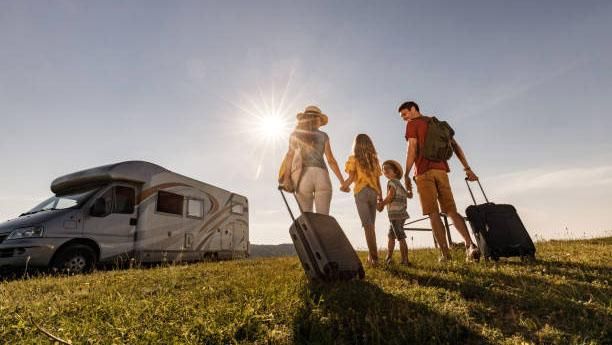Sir Keir Starmer, the prime minister, told the BBC that he does not "plan" to raise taxes any further before the next election, but he could not rule them out in the event of "unforeseen" circumstances.
The prime minister was speaking to BBC Breakfast shortly after announcing six promises, one of which was to increase working people's incomes.
According to Sir Keir, people might assess his performance at the next general election based on whether they believe their living standards have increased, even though he was aware that some of his policies were "not always popular."
Conservative leader Kemi Badenoch dismissed the PM's new pledges as a sign that Labour had not been "ready for government".
In addition to improving living standards, the other "milestones" announced by Sir Keir in a speech on Thursday included building 1.5 million new homes in England, ending hospital backlogs and increasing the proportion of children who are "ready to learn" when starting school to 75%.
Labour has dismissed suggestions the new pledges are a reset following their first few months in government.
The chancellor announced a near-£70bn increase in public spending in her first Budget in October, of which more than half will come from higher taxes, with businesses set to bear the brunt of the rises.
Employers will see an increase in National Insurance contributions on their workers' earnings which will raise up to £25bn a year for the government. And there will also be an increase to capital gains tax on share sales and a freeze on inheritance tax thresholds.
On the possibility of further tax rises, the prime minister said: "I don't want to suggest we're going to keep coming back for more because that isn't the plan."
"What I can't do, is say to you there are no circumstances unforeseen in the future that wouldn't lead to any change at all.
"If you look at Covid and Ukraine, everyone knows there are things we can't see now but I can tell you our intention was to do the tough stuff in that Budget, not keep coming back."
Asked why he thought his popularity had fallen since the election, Sir Keir said he had chosen to take the "tough decisions" early on in his premiership.
He said he knew the decisions would not always be popular but were needed "to turn the country around".
"I just don't want to do what politicians have done in the past which is to get in the warm bath of empty promises.
"I'm prepared to roll up my sleeves and tell people its tough - we're going to do it but you're going to be better off."
"You'll have a better health service, you'll have better houses, you'll have better energy bills at the end of this and I'll be judged, quite rightly, at the end of the parliamentary term whether I've delivered on what I said I would deliver on."
In answer to a question about when people would feel better off, Sir Keir said that would be measured at the end of the Parliament but that he wanted people to "feel better off straight away".
He added that a pay rise for those on the lowest wages meant three million people were already better off as a result of the government's actions.
Following Sir Keir's speech on Thursday, the Conservative leader said: "The prime minister's emergency reset confirms that Labour had 14 years in opposition and still weren't ready for government.
"Nothing concrete on immigration - because Labour have no plan to control numbers."
The prime minister has said he wants to reduce migration levels but his six pledges did not include a measurable target.
Sir Keir told the BBC Breakfast that trying to put a "hard cap" on migration numbers hadn't worked in the past.
Liberal Democrat leader Sir Ed Davey said his party would "hold this government's feet to the fire on keeping its promises, most of all on fixing the NHS and care.
"It was worrying to see no clear plan in these targets to make sure people can see a GP when they need to."
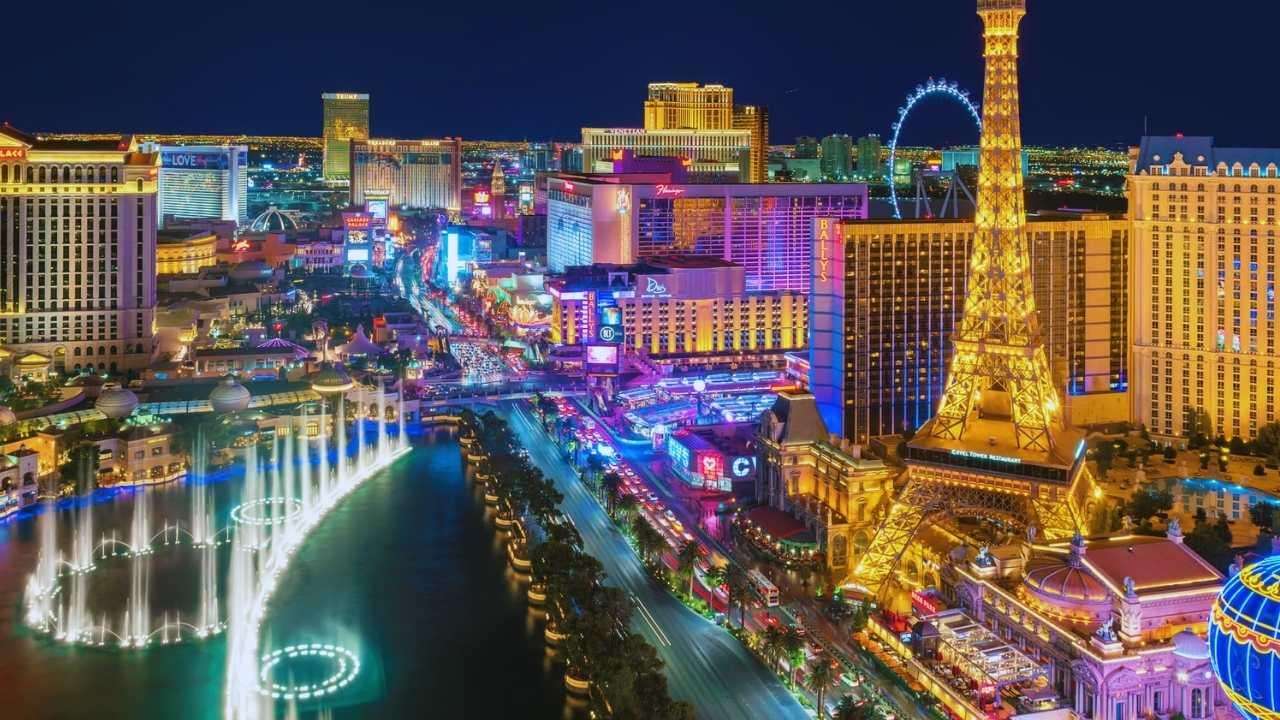
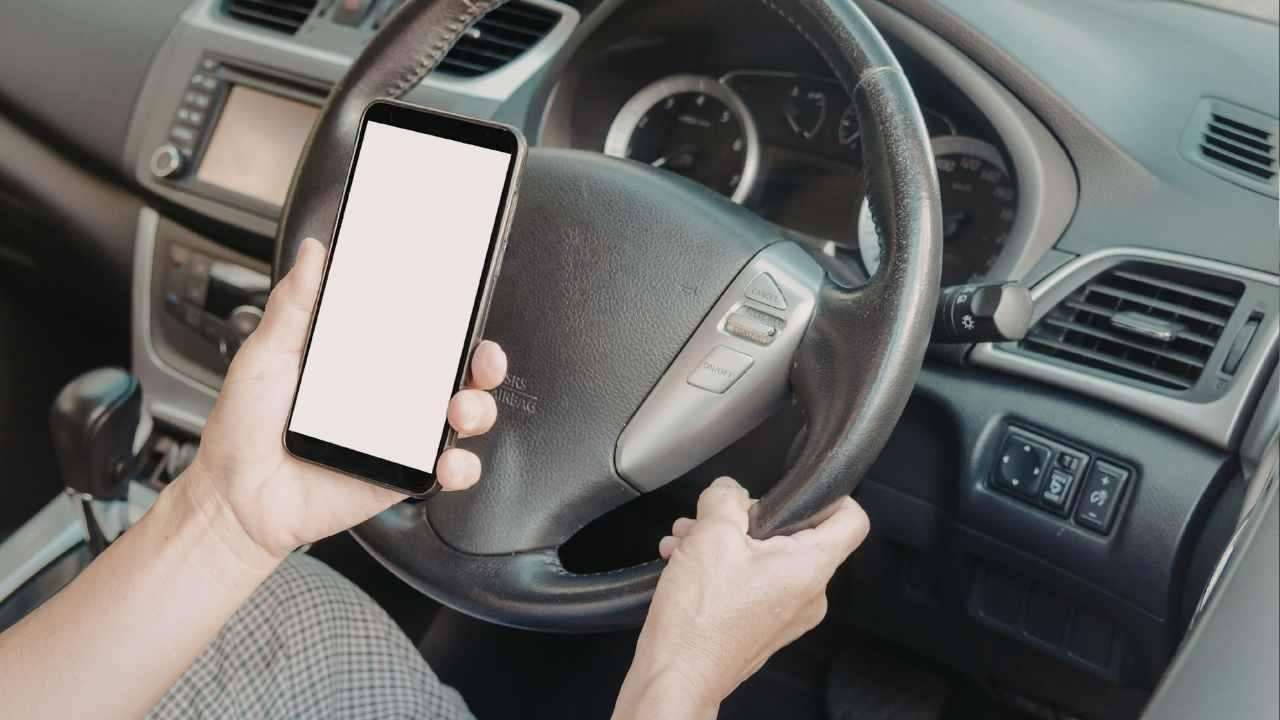
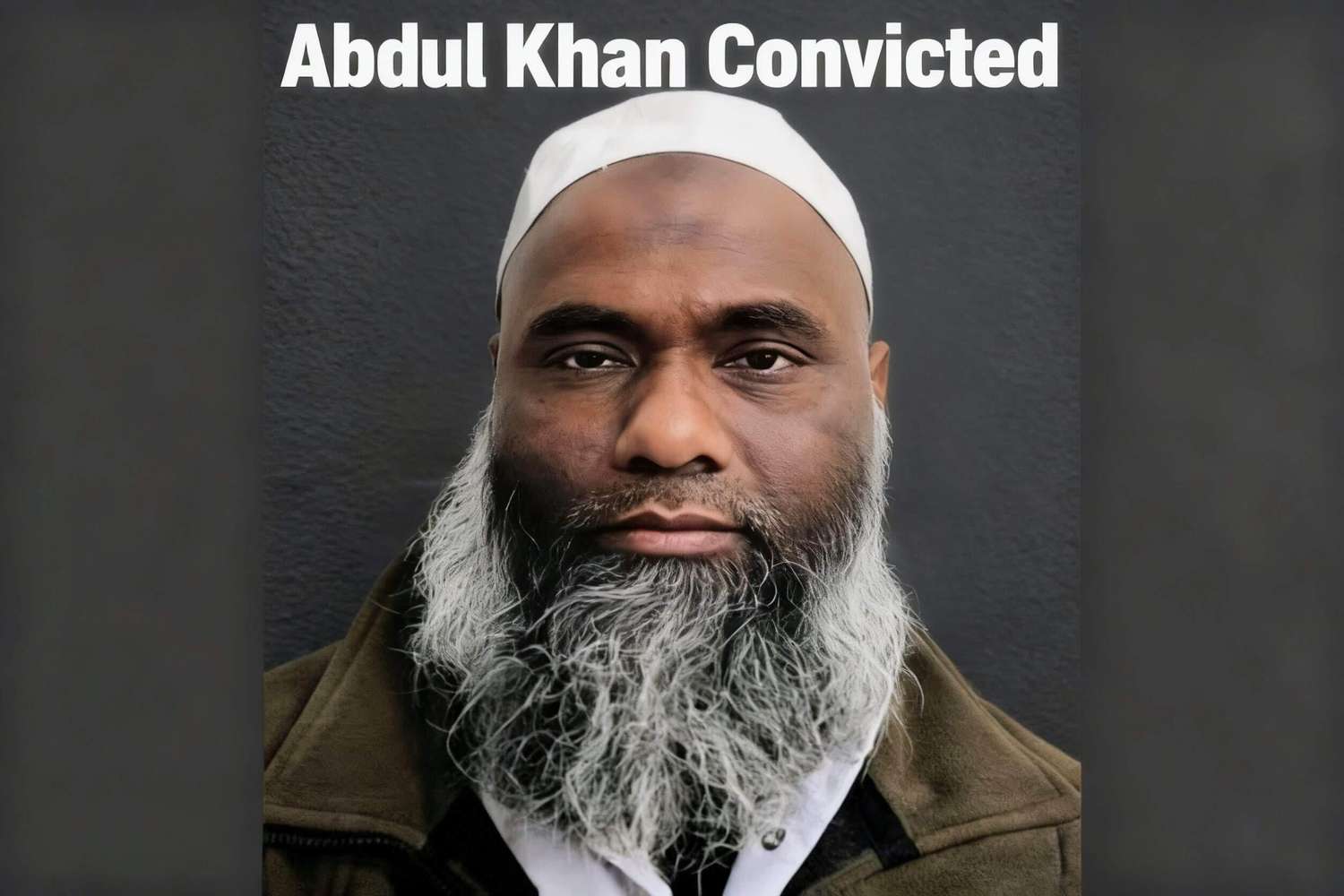
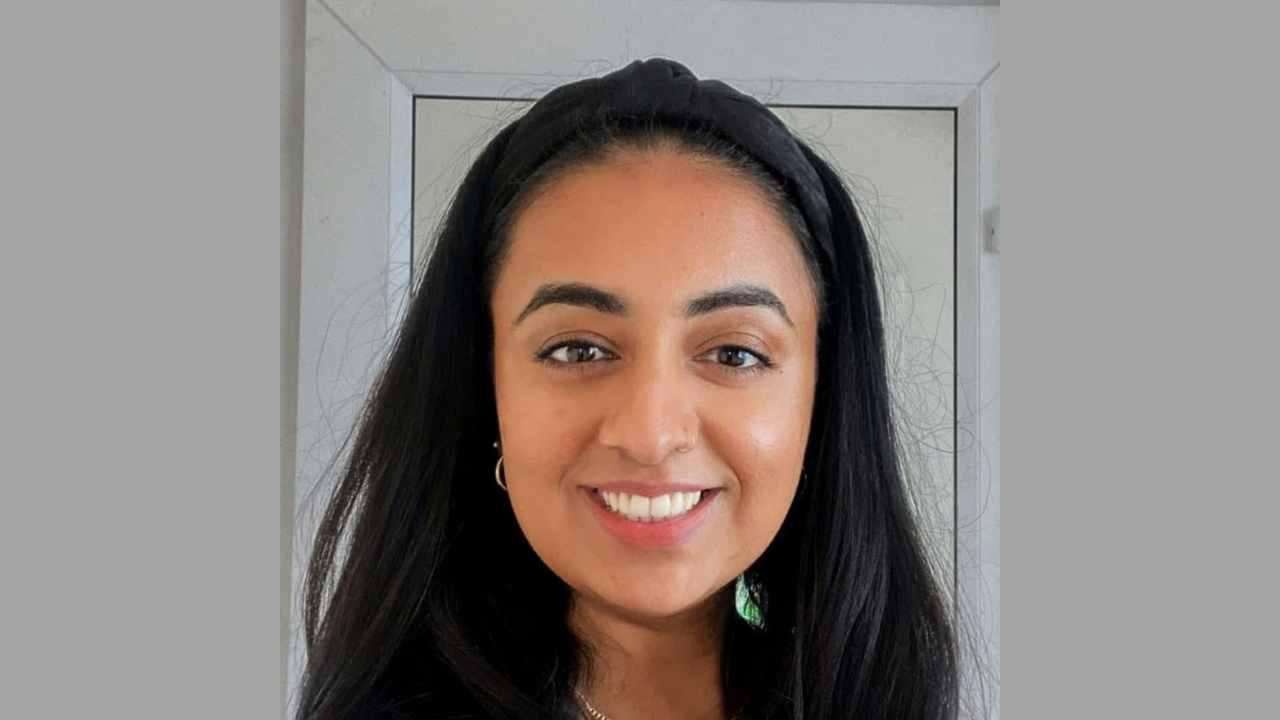
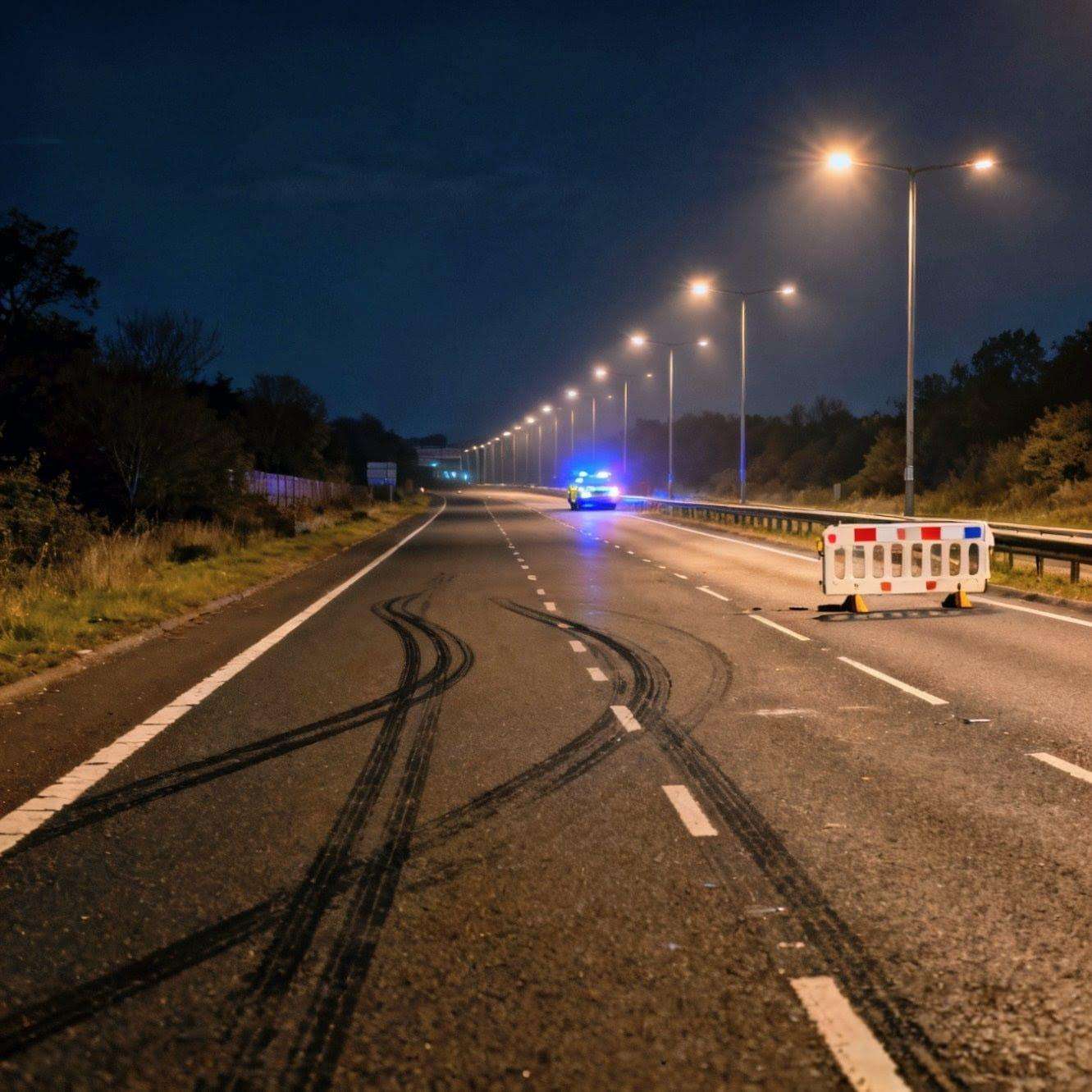



.svg)

